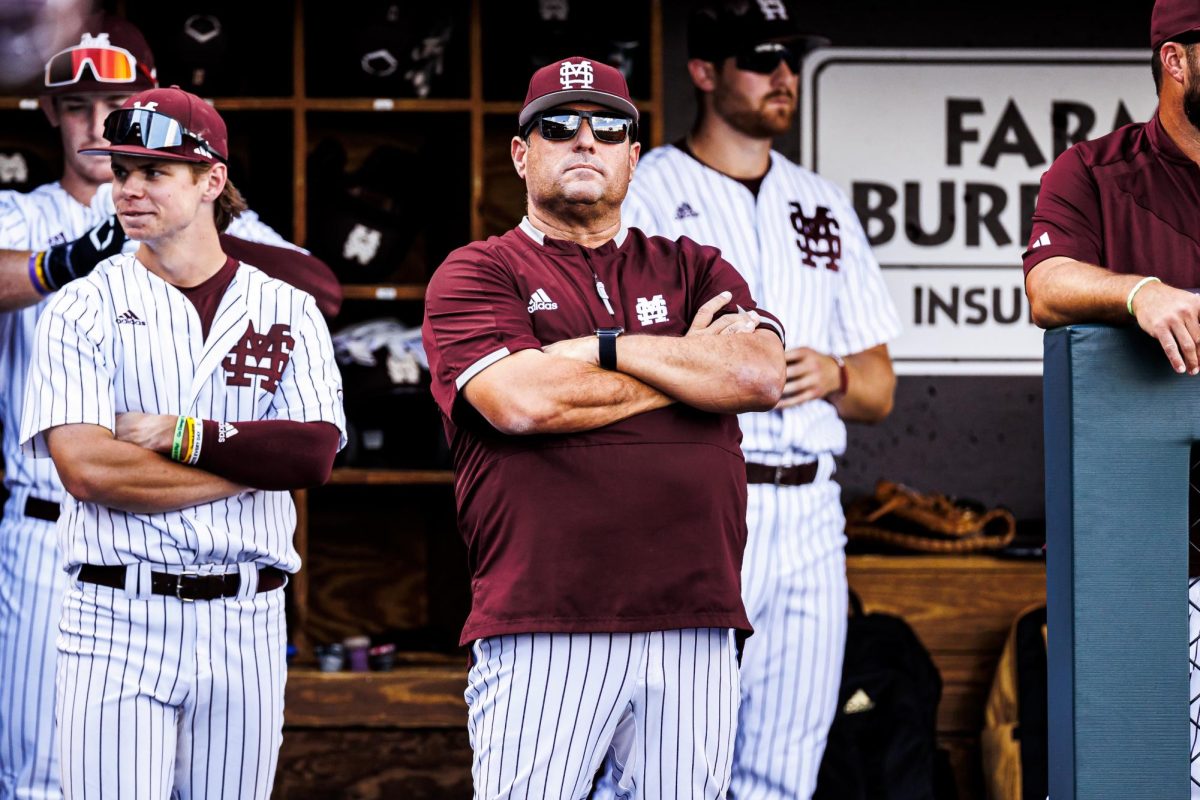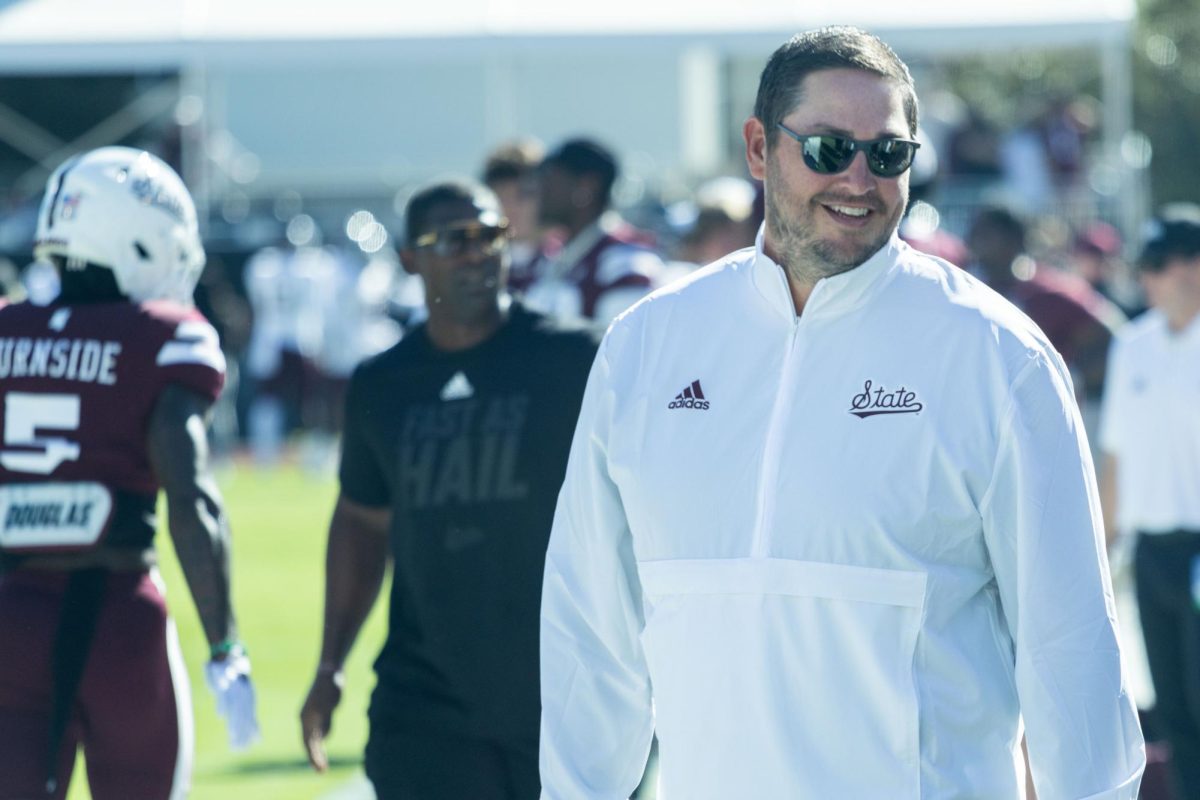It’s Saturday night and the flat-screen TV in my friend’s living room is tuned to ESPN HD as I am forced to watch grown men wrestle each other over a leather ball, while they get paid millions to do so.
This was the attitude that prevailed in my mind on the American past-time football up until last summer. When under the bright Texas sun, Coach Eric Taylor changed my views on football (and Texas) forever. This summer I found myself residing in a new city without many friendly faces. This brief isolation sent me running back into the arms of my old friend, Netflix, and per the suggestion of friends and critics alike, I decided to give “Friday Night Lights” a try. Twelve sequential episodes and a pint of gelato later, I was hooked.
Why, you might ask? Of course I was enamored by the love triangles that run as a common undercurrent throughout the show. I may briefly have found solace entranced by Tim Riggins’s brooding eyes, but it was more than that. It was the community painted about the background of a single football team. It was the integral lesson of responsibility the game taught that softened my view on America’s favorite past-time.
I always saw football as an asinine game where men run a ball up and down a field. “Friday Night Lights” showed a coach who gives up time with his own family to go fight for his players when their parents do not support football as an extra-curricular. It portrays teammates who support one another regardless of race, economic or social status. In the face of a town whose citizens are divided over economic inequality, he unites his players and essentially unites a town as he leads the Dillon Panthers to victory.
“Every man at some point in his life is going to lose a battle. He is going to fight and he is going to lose. But what makes him a man is at the midst of that battle he does not lose himself. This game is not over. This battle is not over,” Eric Taylor said to his team as they valiantly fought in the state championship.
An audience sat paralyzed as Coach held Matt Saracen as he reeled with his father’s death. “Friday Night Lights” taught me football isn’t just a game; it’s a family. A family who struggles together, fights together and teaches each other responsibility and to look out for others in the same way one would look after oneself.
Most importantly, the Dillon Panthers taught a naïve girl that football is far more of a community than a game. It’s a community of men who love a game, and dedicate hard work, time and emotion toward that game. And with clear eyes and a full heart, they can’t lose.
Categories:
‘Friday Night Lights’ teaches viewers off-the-field values
Alie Dalee
•
January 28, 2014
0
Donate to The Reflector
Your donation will support the student journalists of Mississippi State University. Your contribution will allow us to purchase equipment and cover our annual website hosting costs.
More to Discover







